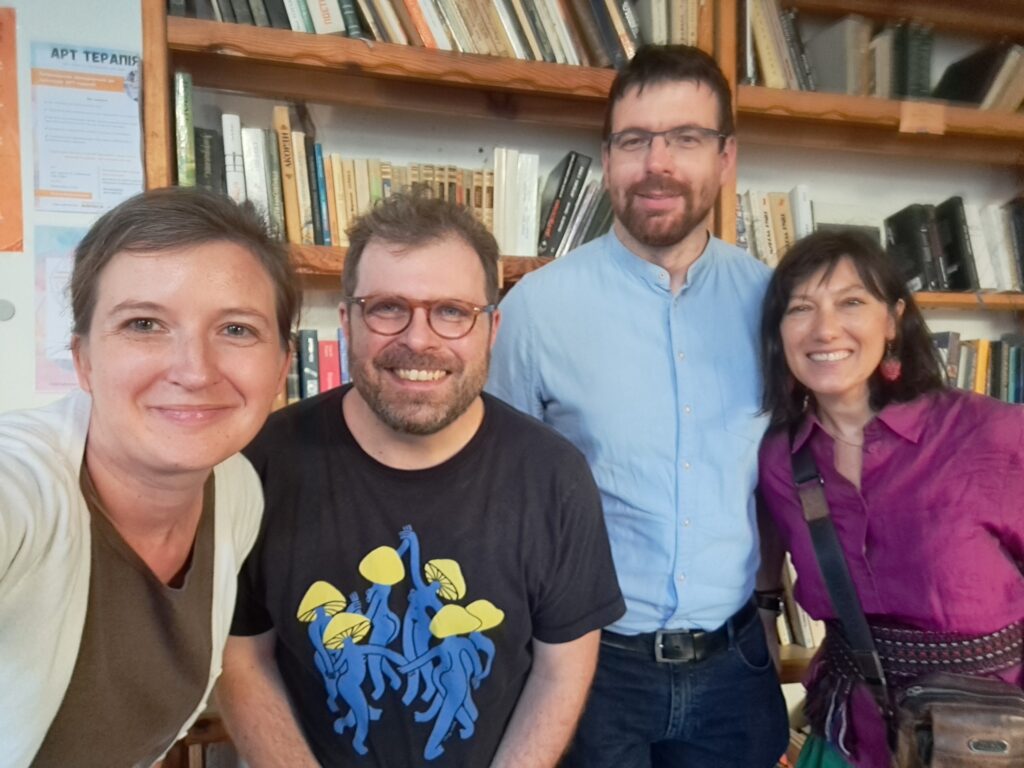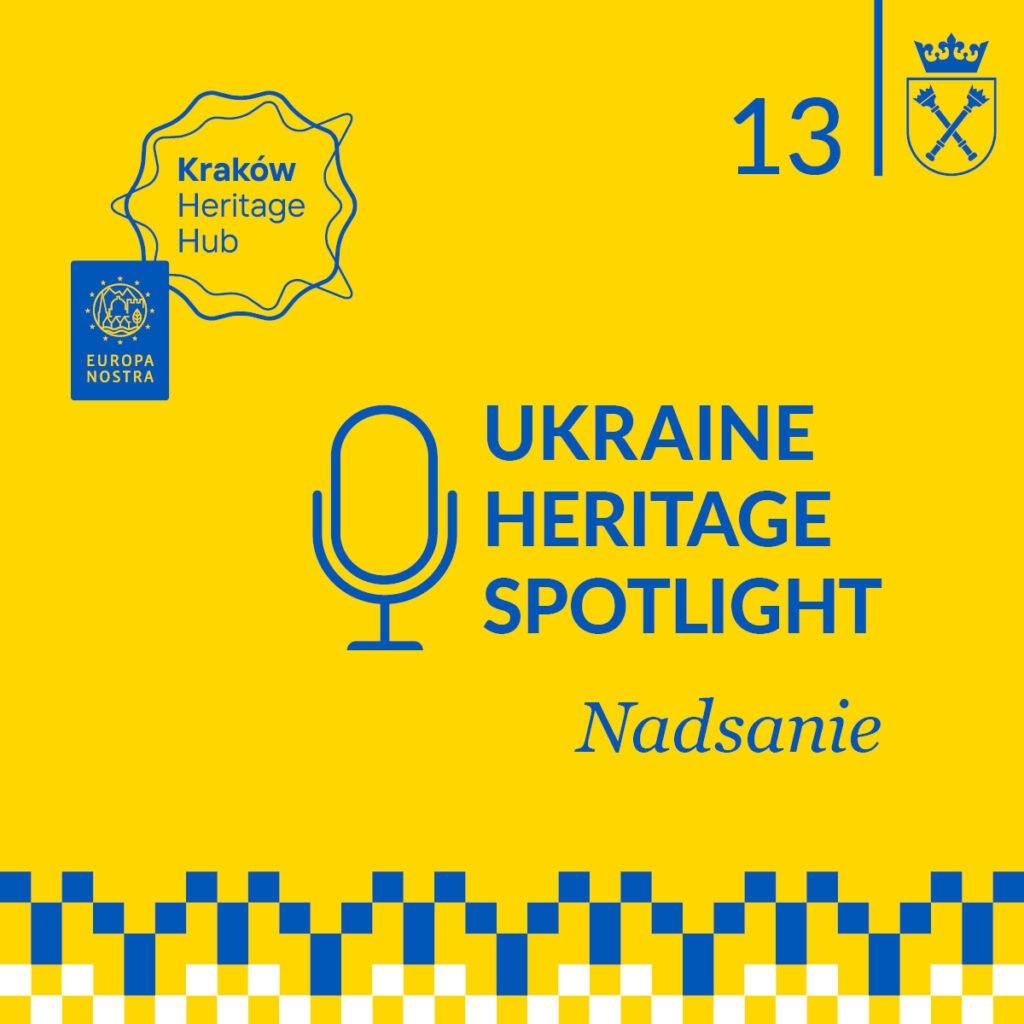We use cookies to help you navigate efficiently and perform certain functions. You will find detailed information about all cookies under each consent category below.
The cookies that are categorized as "Necessary" are stored on your browser as they are essential for enabling the basic functionalities of the site. ...
Necessary cookies are required to enable the basic features of this site, such as providing secure log-in or adjusting your consent preferences. These cookies do not store any personally identifiable data.
Functional cookies help perform certain functionalities like sharing the content of the website on social media platforms, collecting feedback, and other third-party features.
Analytical cookies are used to understand how visitors interact with the website. These cookies help provide information on metrics such as the number of visitors, bounce rate, traffic source, etc.
Performance cookies are used to understand and analyze the key performance indexes of the website which helps in delivering a better user experience for the visitors.
Advertisement cookies are used to provide visitors with customized advertisements based on the pages you visited previously and to analyze the effectiveness of the ad campaigns.
The project is led by Dr Olga Kich-Masłej from the Department of Polish-Ukrainian Studies, in cooperation with Dr Katarzyna Jagodzińska from the Institute of European Studies, who also heads the Europa Nostra Hub, along with the Hub team. Funding is provided by the Jagiellonian University’s Strategic Programme Excellence Initiative.
The first podcast in the series, “Nadsanie”, is available here: NADSANIE


Despite growing interest, Ukrainian heritage in the post-migration areas of south-eastern Poland remains underrepresented in academic and public discourse. Before World War II, this area was home to over five million Ukrainians, but border changes and forced relocations between 1944 and 1947 led to the destruction of their tangible and intangible heritage. Research within the project is being conducted in three regions: Podlasie, Lemkivshchyna, and Nadsanie, which were particularly affected by these events.
You can read more about the project “Intangible Cultural Heritage of Ukrainians in Poland: Mapping and Dissemination” here: